Articles
Knowledge Center
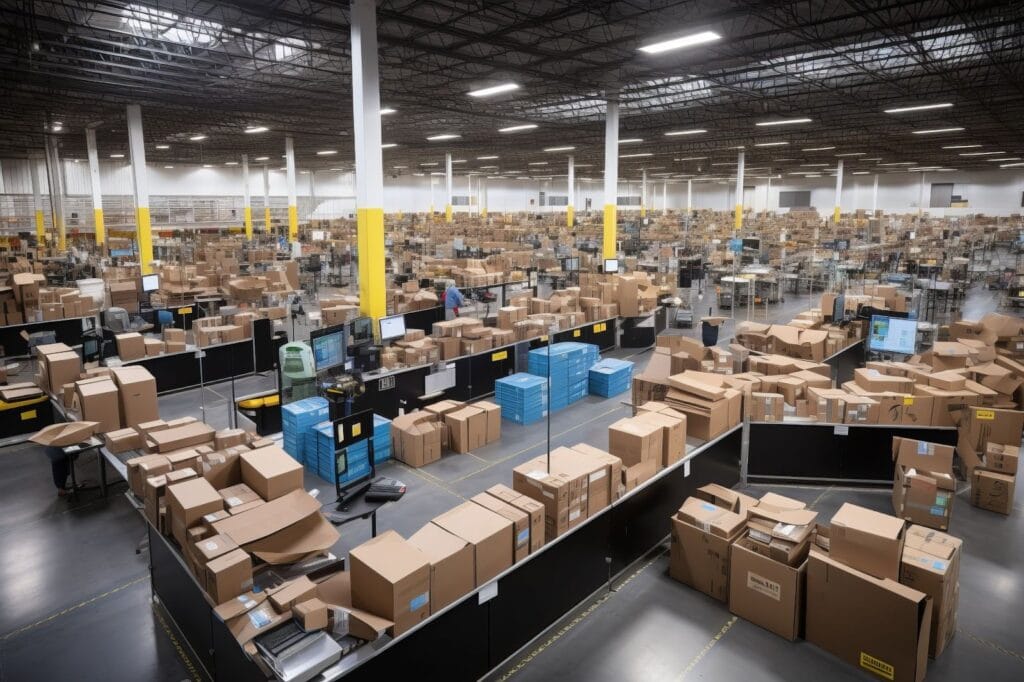
What Is a Fulfillment Center? Everything You Need to Know
In today’s fast-paced world of e-commerce, smooth and efficient order processing is a critical component for businesses to thrive. Fulfillment centers play an essential role in ensuring that online retailers deliver their products to customers promptly and accurately without putting too much burden on the business owners. But what exactly is a fulfillment center? What […]
Read More
Refrigerated Trucks: History, Benefits and Types
Refrigerated trucks, also called reefers, crucial for transporting perishable items under controlled temperatures, are the backbone of delivering fresh food and vital medications. Remarkably, these reefers transport 70% of the food we consume, with around 500,000 units actively maintaining the cold chain across the United States. In this blog, we will discuss the history, benefits, […]
Read More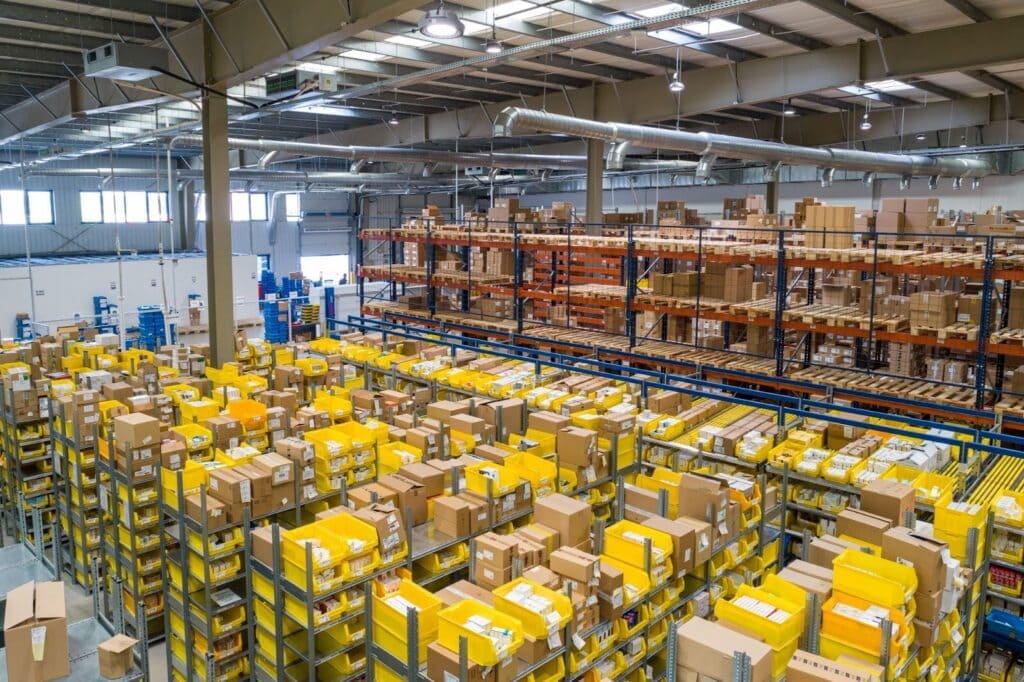
Warehousing Process: Steps And Role In Fulfillment Efficacy
Warehousing is essential in today’s fast-paced supply chain, key to efficient order fulfillment and customer satisfaction. This article delves into the warehousing process, examining each step, from receiving goods to distribution, and how they collectively enhance supply chain efficiency. Discover these processes’ crucial roles in boosting your business’s fulfillment success. Primary Warehouse Process Steps: How […]
Read More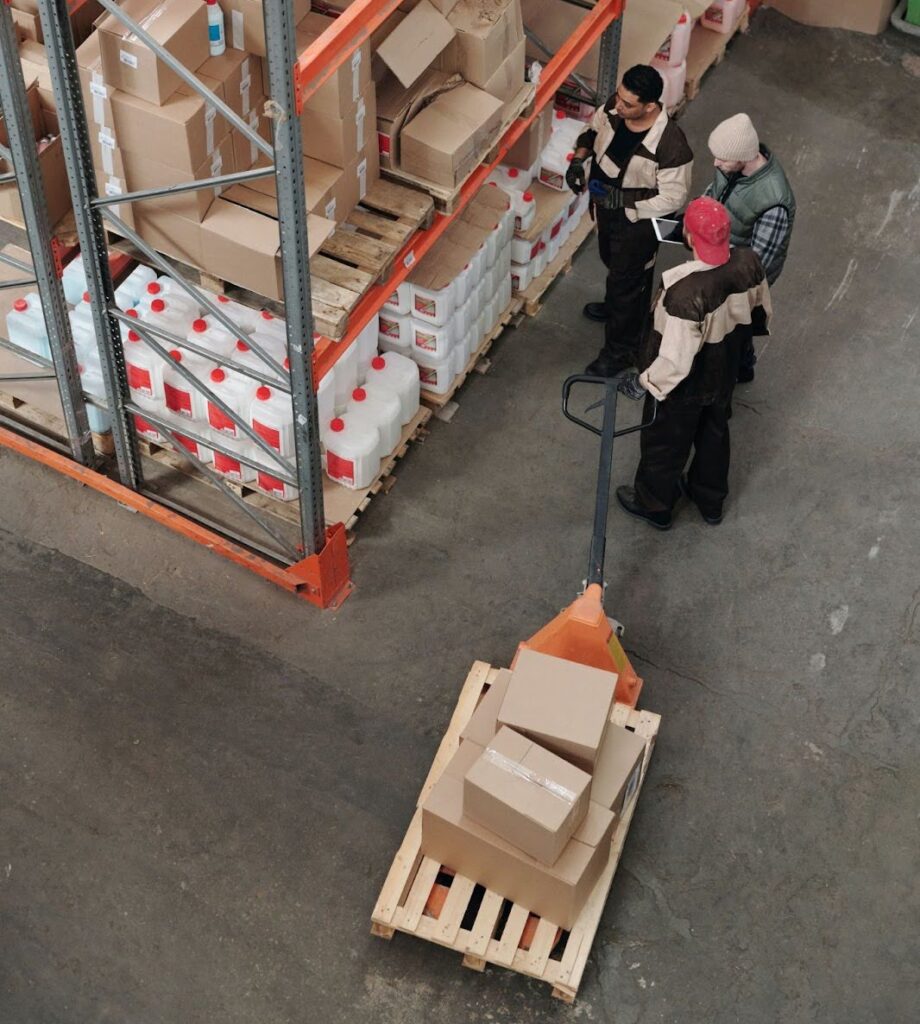
What Is 3PL? Meaning, Benefits, and Challenges
In today’s fast-paced business world, efficient supply chain management is critical to success. That’s where third-party logistics (3PL) comes into play. This blog post will include a 3pl definition to explain what 3PL means (some people refer to it as 3rd party logistics, 3 party logistics, or even 3 pl as well as contract logistics […]
Read More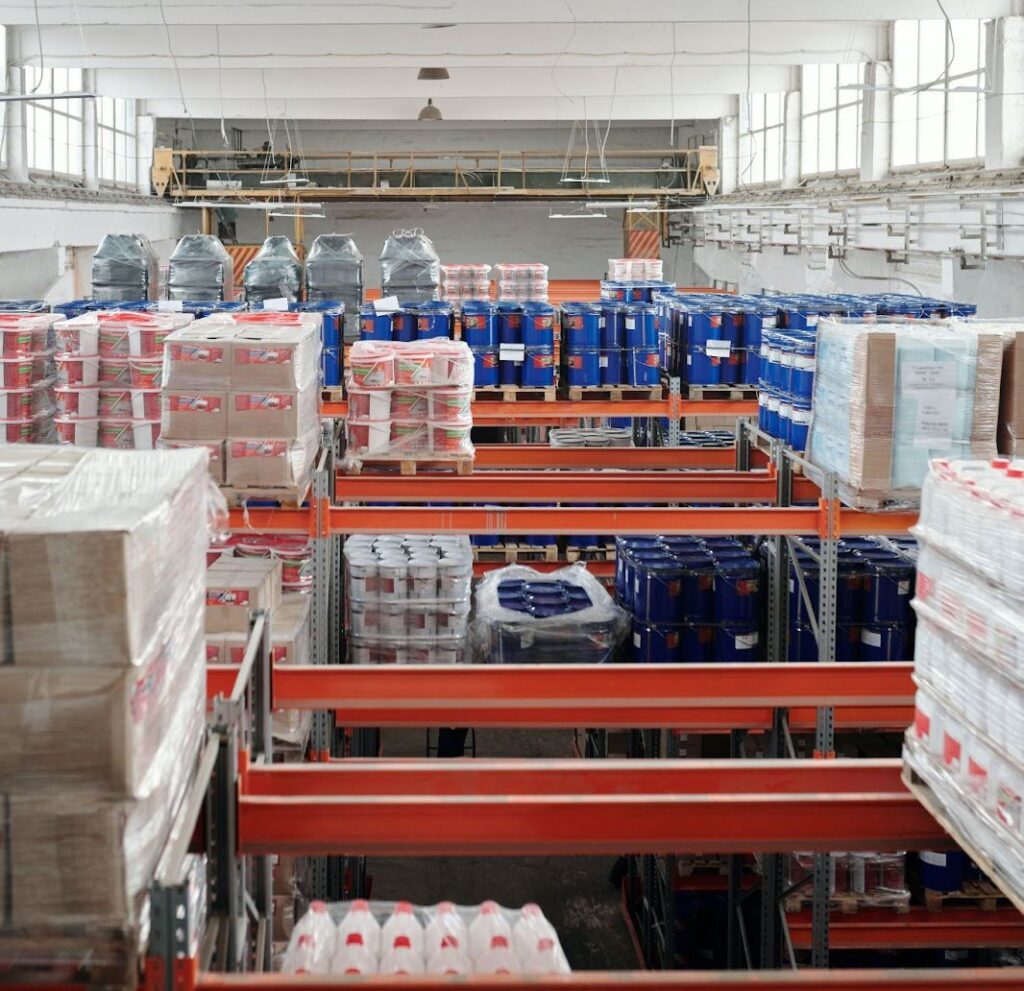
Hybrid Fulfillment: Definition and Types
In the ever-changing world of logistics and order fulfillment, businesses are constantly seeking innovative ways to efficiently meet their customers’ needs. Well, here’s a game-changer for you: Hybrid Fulfillment. This approach allows you to combine and integrate different fulfillment methods, unleashing a world of possibilities for optimizing your fulfillment process. Defining Hybrid Fulfillment and Business […]
Read More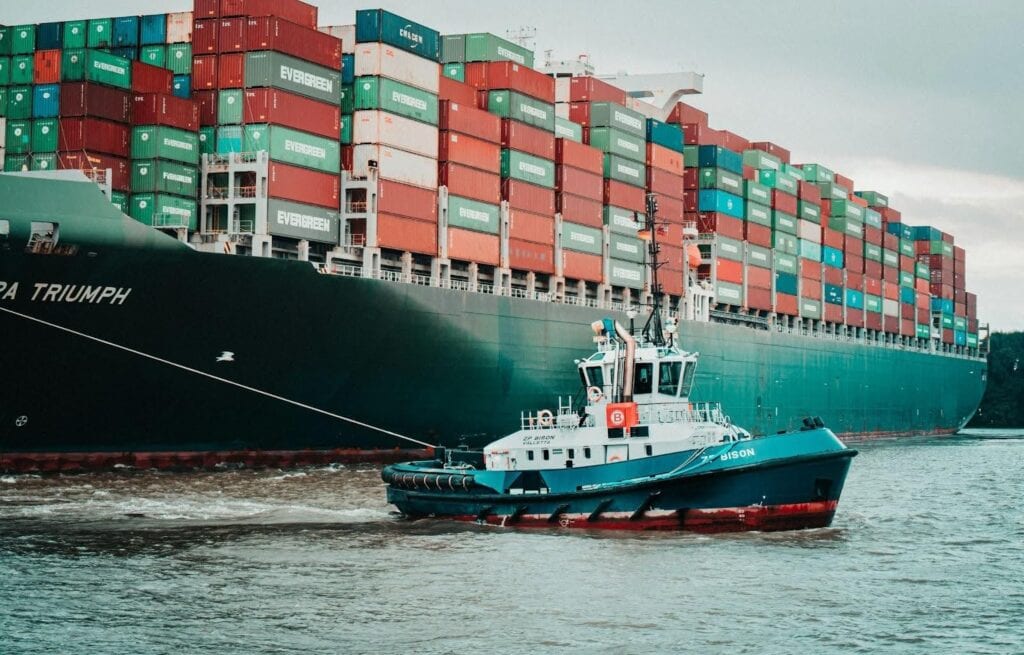
6 Types of Supply Chain: Their Roles Defined
Understanding the different types of supply chains and their unique functionalities is crucial for businesses to optimize operations, reduce costs, and increase efficiency.
Read More
Forward Integration: Strategies, Advantages, And Risks
Forward integration is a key strategy for businesses to strengthen their market position and control over their supply chain. This approach involves companies taking charge of distribution or supply activities further down the value chain. This article examines the various strategies, benefits, and risks of forward integration, offering insights for businesses to effectively implement this […]
Read More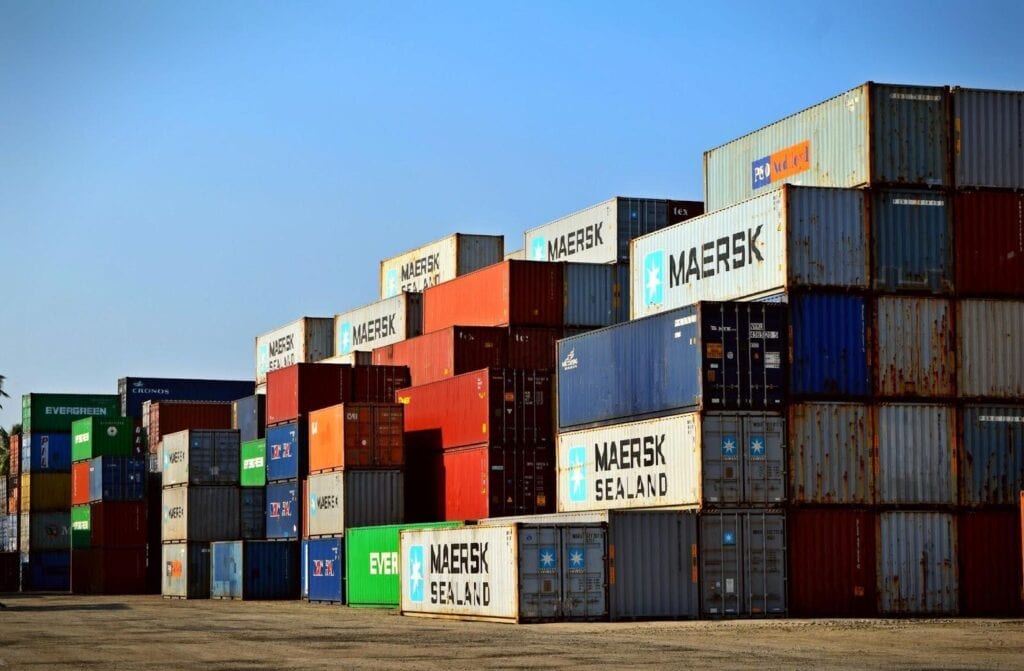
Fourth Party Logistics: Definition, Advantages, and Disadvantages
Unlike third-party logistics (3PL) providers, which focus on specific logistics tasks like warehousing, shipping, and order fulfillment, 4PL providers manage and optimize the entire supply chain.
Read More
The 6 Advantages of Warehousing
Warehousing plays a crucial role in modern business operations, offering numerous benefits and contributing significantly to the success of an organization. A primary advantage of warehousing is increased storage capacity, allowing businesses to safely and efficiently store excess inventory. This article will uncover what warehousing is and its advantages. Additionally, it will answer some of […]
Read More
Fragile Goods: Definition, Packing, and Tips
Ever wondered how to ensure your delicate items reach their destination in one piece? This article provides insights into what constitutes fragile goods and how you can ensure their safe transit.
Read More
What Is Insourcing? Definition, Benefits, And Examples
Understanding how insourcing works and harnessing its advantages allows you to achieve more control over your company’s processes while reaping cost savings.
Read More
20 Leading 3PL Companies
These 20 leading 3PL companies are offering cutting-edge solutions to help businesses optimize their supply chain management.
Read More
Delivery at Place: How It Works, Benefits, and Best Practices
This guide provides a comprehensive overview of Delivery at Place (DAP), its advantages and disadvantages, and best practices for managing DAP shipments.
Read More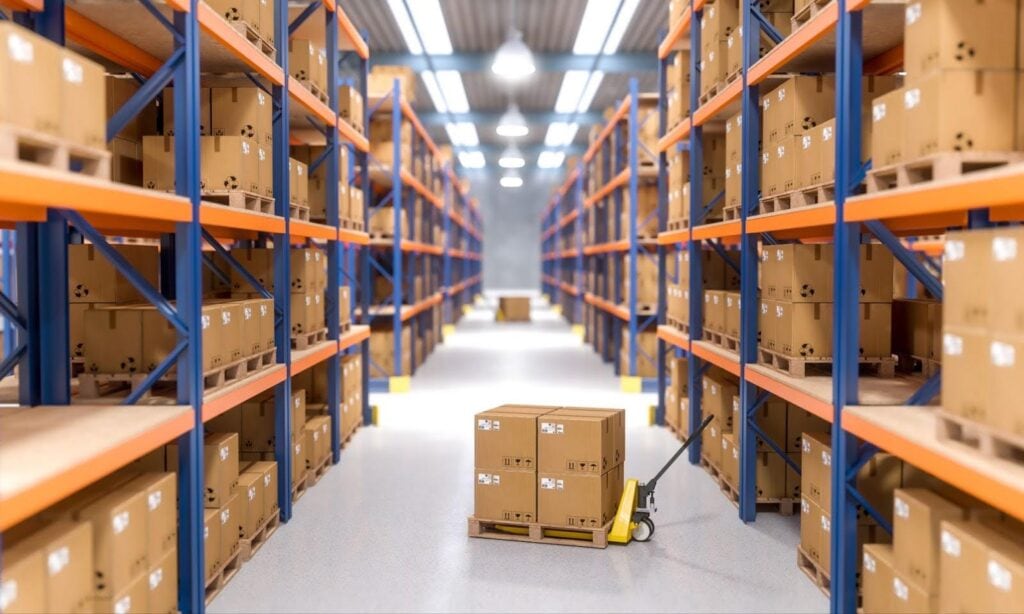
Consolidated Warehouse: What It Is, Process, and Benefits
In today’s fast-paced, ever-evolving world of logistics, understanding warehouse consolidation is crucial for businesses looking to optimize their supply chain and reduce costs. A consolidated warehouse plays a critical role in streamlining operations by gathering small shipments from various sources, organizing them efficiently, and ensuring timely deliveries. So what exactly is a consolidated warehouse, and […]
Read More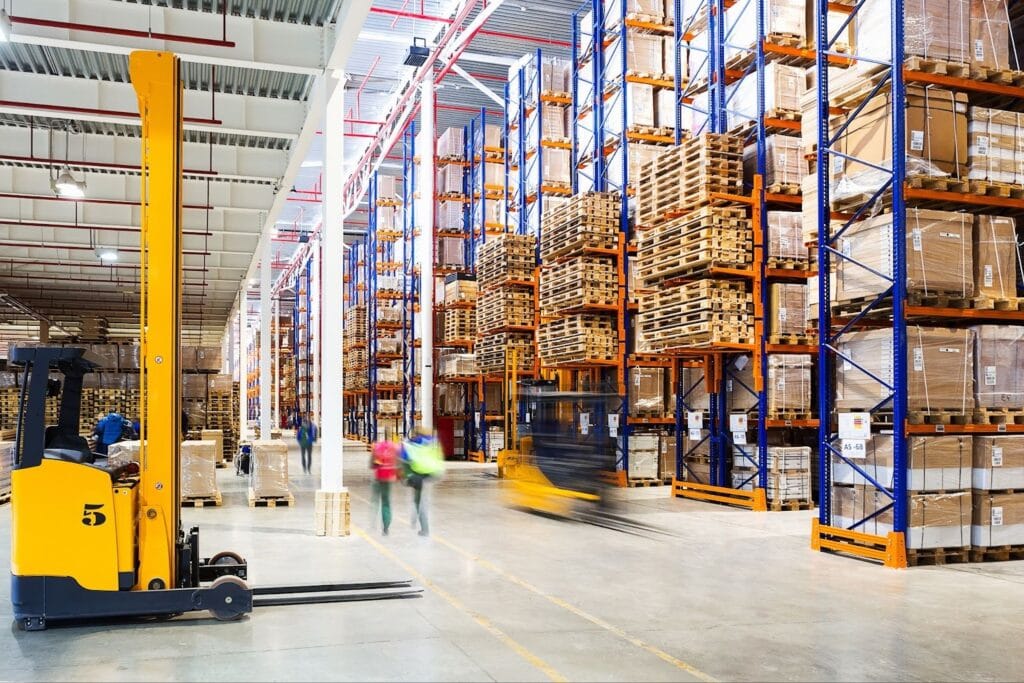
Private Warehouse: Benefits, Challenges, and Who Should Use Them
In today’s competitive business landscape, efficient warehouse management is crucial for success. As companies look to optimize their logistics operations, many are considering private and public warehousing as a viable solution. We’ll explore the ins and outs of private warehouses, delving into their benefits and challenges and determining which businesses stand to gain the most […]
Read More
20 Leading Global Trade Management Systems Providers in 2023
Global trade management systems (GTMS) are some of the best tools that commerce businesses can use. Regardless of the industry, they’re valuable in assisting with international trade. There are dozens of GTMS available, but not all of them are leaders in the industry. Below you’ll find 20 leading global trade management systems providers. What Are […]
Read More
On-Demand Warehouse: Definition, Examples, and Uses
In today’s rapidly evolving business landscape, on-demand warehousing has emerged as a game-changer in supply chain management and logistics solutions. This innovative approach allows businesses to access warehouse space and fulfillment services when they need them, offering increased flexibility and cost-effectiveness. On-demand warehouses are particularly beneficial for eCommerce companies or those with fluctuating inventory needs. […]
Read More
Net Weight vs. Tare Weight vs. Gross Weight: A Comprehensive Guide
Net weight, tare weight, and gross weight are key terms in the shipping industry. They affect the cost and safety of global trade and transport. Anyone involved in shipping should know the difference between net weight vs gross weight vs tare weight. The Importance of Shipping Weights Shipping weights are indispensable in logistics. They influence […]
Read More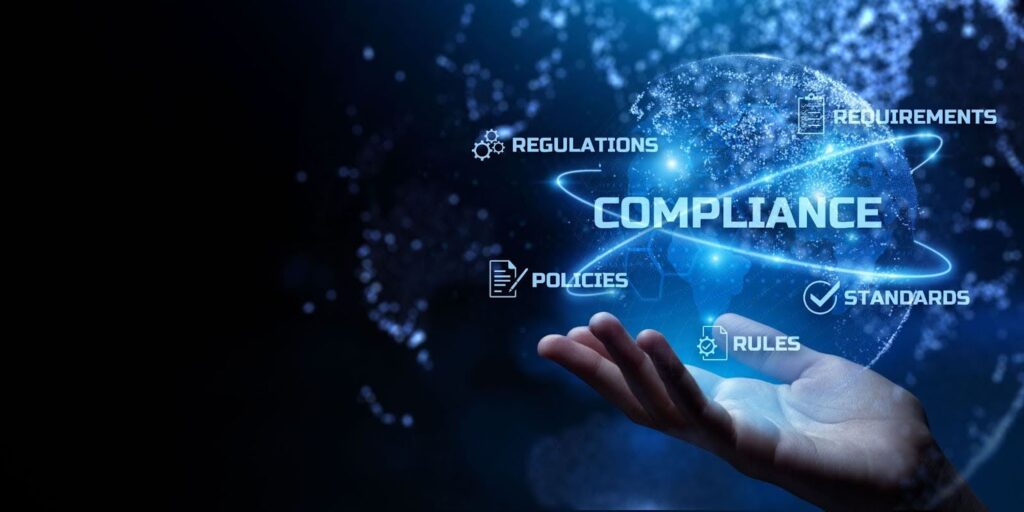
Certificate of Compliance vs. Certificate of Analysis: Their Key Differences
Navigating the intricacies of product safety and quality assurance, one often encounters critical terminologies like Certificate of Compliance and Certificate of Analysis. These essential documents play pivotal roles in affirming product quality, safety, and compliance to established standards. While they bear semblances, their applications, and implications are distinct, aligning with specific regulatory landscapes and industry […]
Read More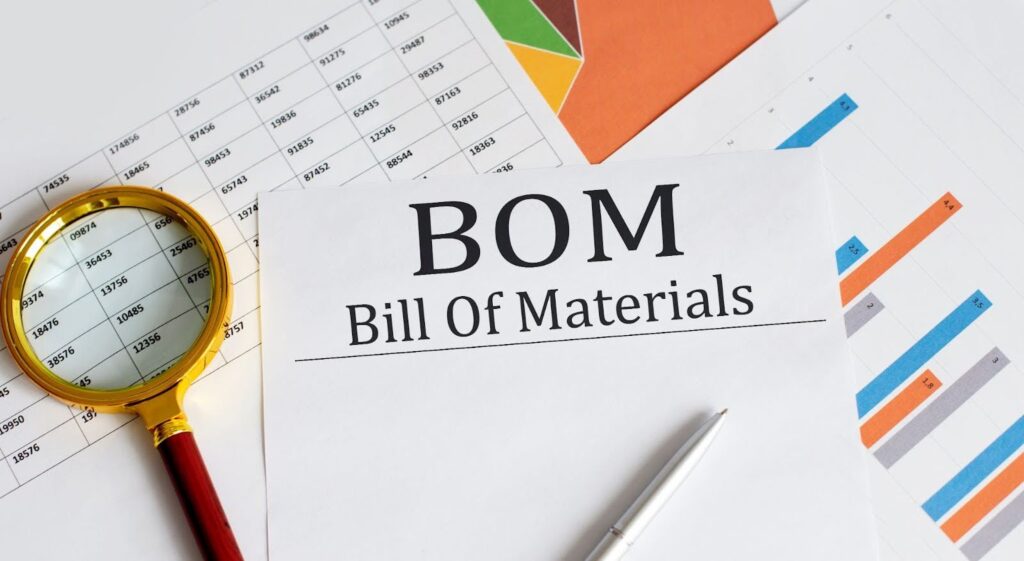
Bill of Materials (BOM): Definition, Impact, and Components
The Bill of Materials (BOM) is a cornerstone document critical to creating any tangible product in the intricate web of modern process manufacturing and product development. It is a comprehensive list that catalogs all the components, raw materials, and assemblies needed to construct a finished product. Its accuracy and detail reflect directly on the production […]
Read More